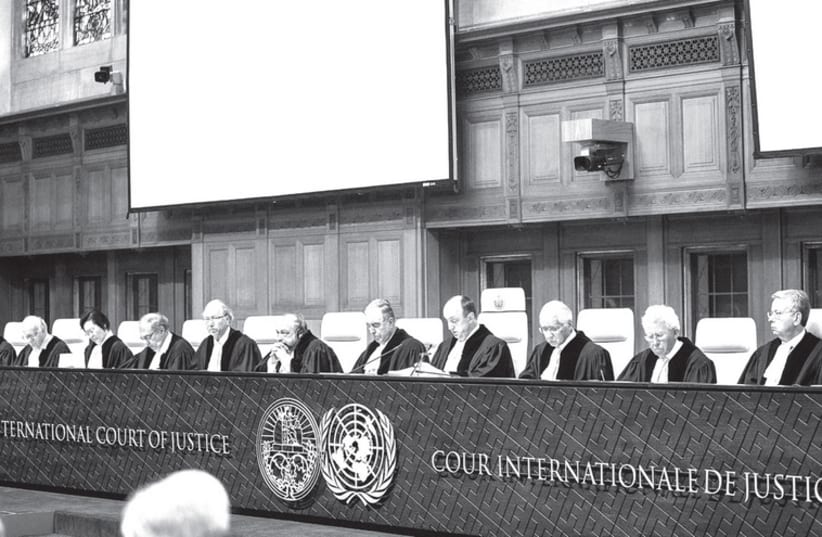‘Hague Day’ brings into focus decisions by ICC that could have major ramifications for Israel
Non-involvement in cases concerning Kenya, Egypt, Libya indicate International Criminal Court might decide not to investigate Palestinian complaints against Jewish state, says legal expert.
